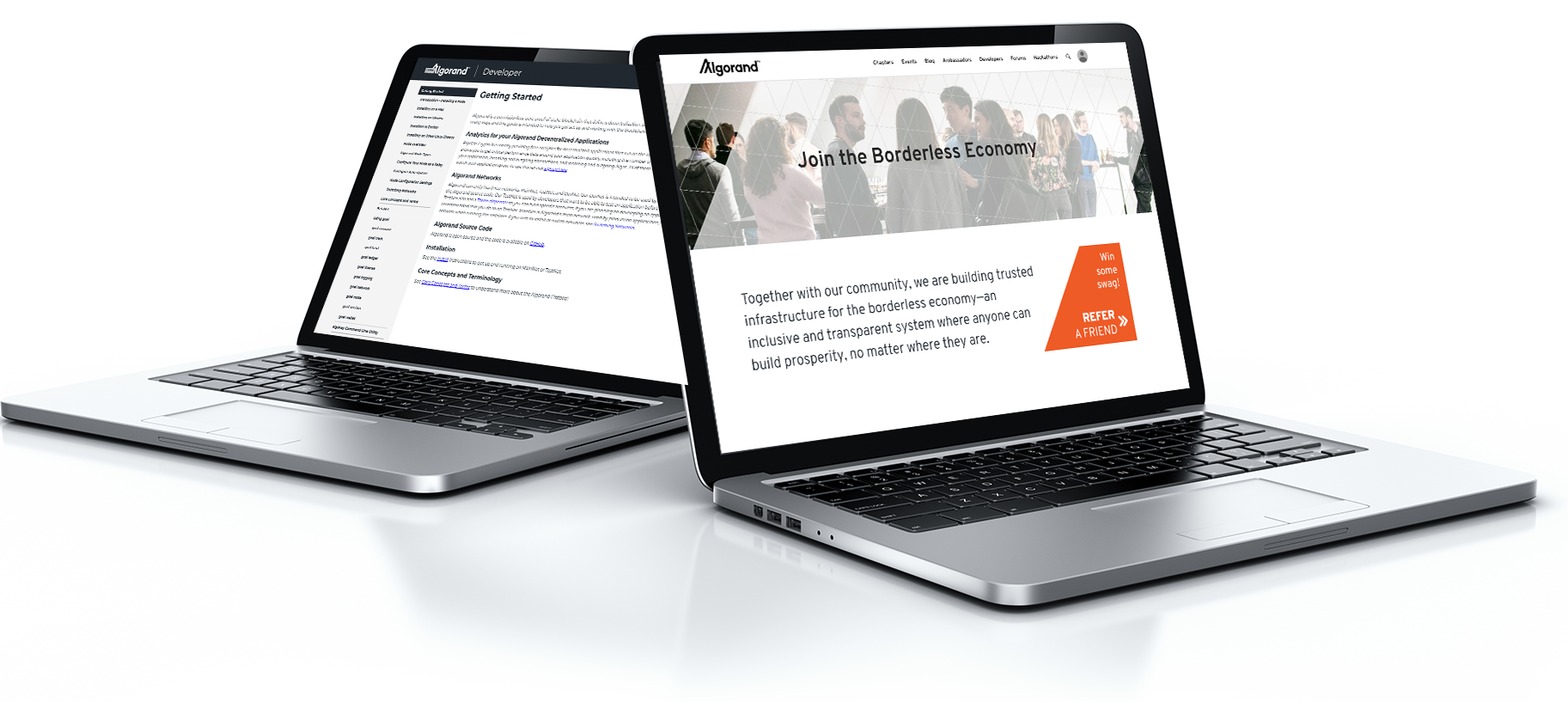How the Algorand Standard Asset (ASA) technology can power agricultural investment in emerging economies
One of the pillars of the Algorand ecosystem is the ability to create standard assets on the network which allows any individual and organisation to tap into the global digital market through asset creation. Creating standard assets allows investors across the globe to co-own a remote business through the token economy. There is a funding gap for local entrepreneurs who lack collateral to access production capital from financial institutions. On the flip side are international investors who are willing to invest in businesses and gain the reward through blockchain tokenization asset issues to investors as proof of ownership in the business.

The ASA provides opportunities for local businesses to form cooperative and issue digital assets on the Algorand protocol allowing anyone to buy these assets and co-own the business. By issuing assets on the Algorand network, assets become transferable with a very high level of control by all parties. Token holders are also entitled to some form of rewards by holding the assets issued to them by the local businesses. Our governments go to issue bonds on the international stock market in return for money to invest in our countries. Likewise, individual businesses now have the power to issue their own “bonds”, on the Algorand networks and raise capital from individuals for their business growth.
The Algorand protocol supports different kinds of standard assets namely, fungible assets, Non-fungible assets, restricted fungible tokens and non-restricted fungible tokens. For this discussion, the focus will be on how agribusinesses can leverage fungible assets to raise capital for production.
Fungible assets represent many of the same assets that can be issued multiple times to different owners. Examples are stable coins and other cryptocurrencies that are issued to multiple owners at the same time. They have trading value and allow for exchange among different users. I will zoom in on two fungible assets that could be deployed as a strategy to raise money from the digital economy.
Loyalty Points : With this, local businesses can reward investors with loyalty points based on how long they hold their assets as investments. The idea is to encourage investors to have longer investment periods with the business. The loyalty points then give extra pegs like free coffee a week or access to fresh vegetables from the farm once a week as long as the investor holds assets in the business. The loyalty points are created as assets on the Algorand network and they may become transferrable to other investors in a fast, secure and transparent manner.
·
Cryptocurrencies: A local business can build a token economy around its business. It can do so by creating farm cryptocurrencies on the Algorand chain allowing anyone to trade and buy the cryptocurrency. They can also offer cashback and discounts in the cryptocurrency as well as build governance structures on token economy created. It can also allow different farmers to accept the cryptocurrency and help grow the community around the farm token. Token holders can get special discounts to buy produce from those farms.
Combined with the other features of the Algorand blockchain, agribusinesses have a great potential to build corporations round their operations by issuing fungible assets that open the gate to the digital capital economy. It will be nice to see many use cases in this direction where dapps build products that make it easy for local farmers to issue their fungible assets, as a form of raising capital for production.
Your opinion is celebrated and welcomed, not banned or censored!

